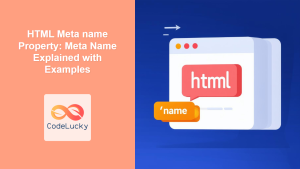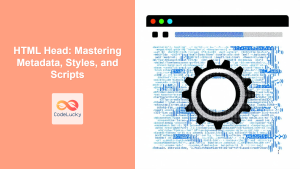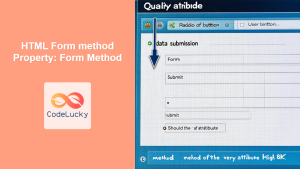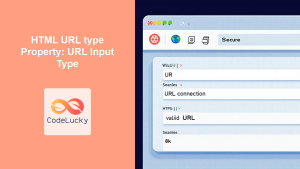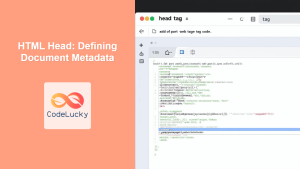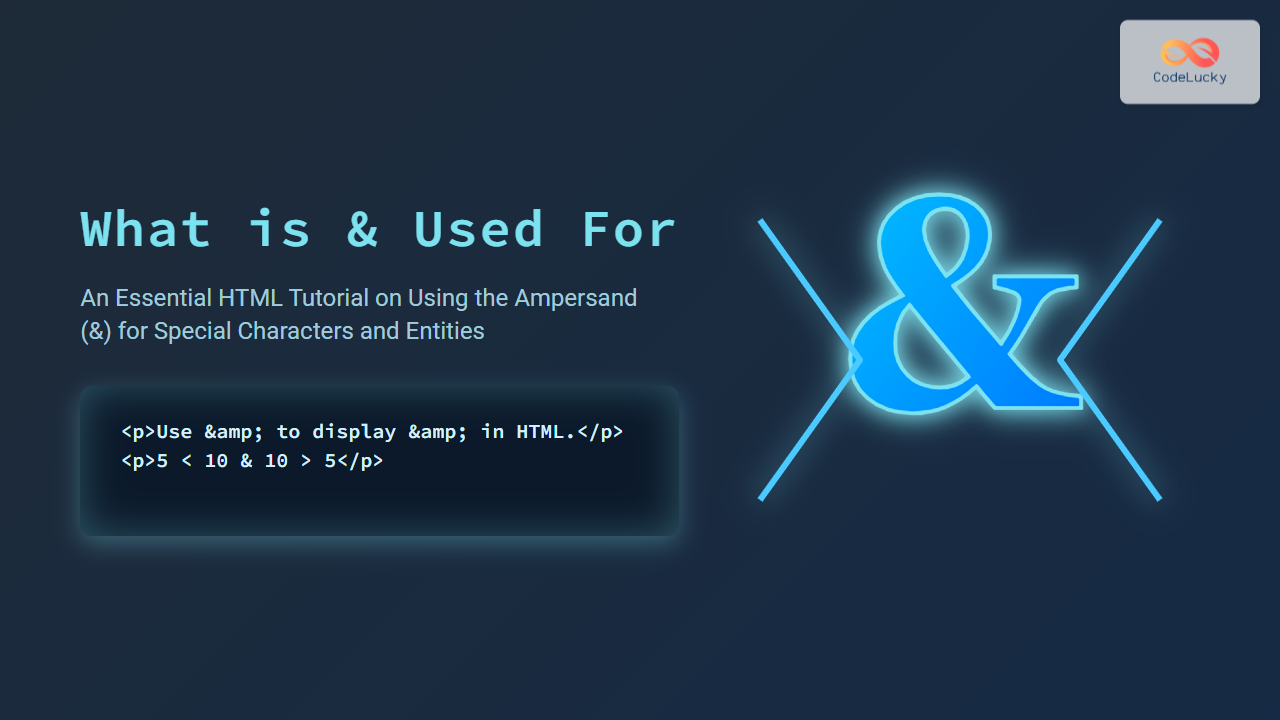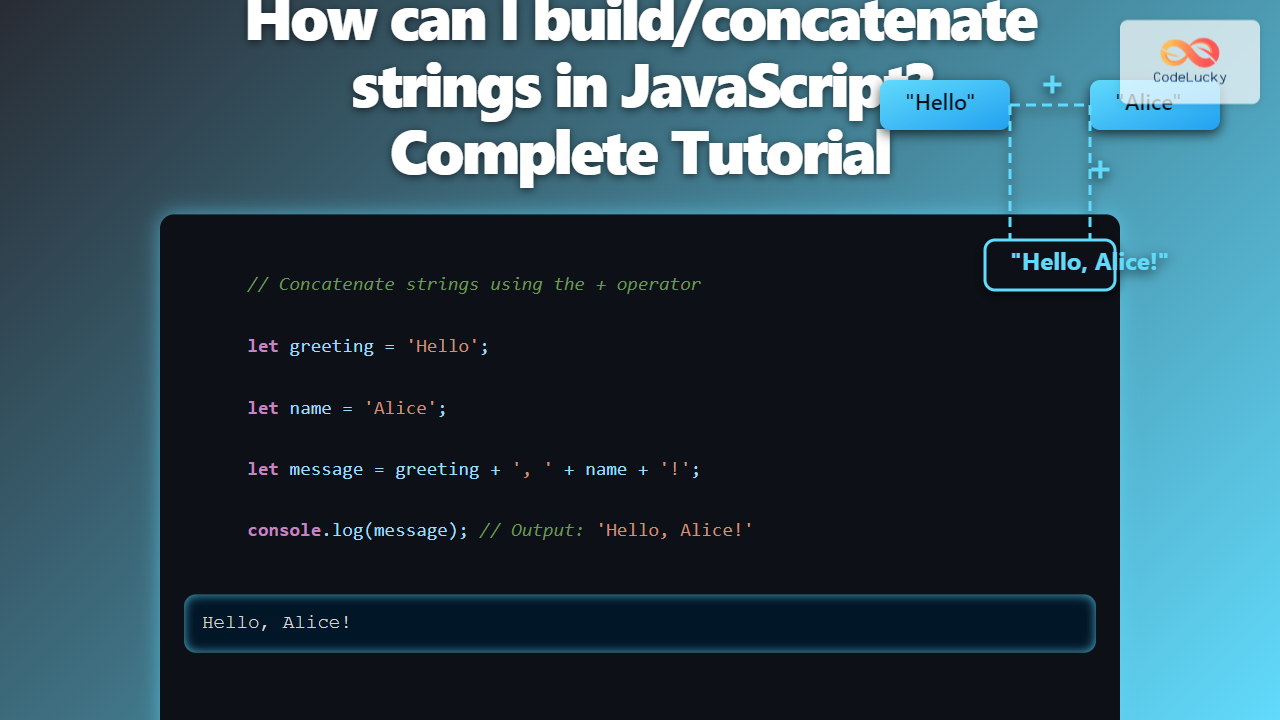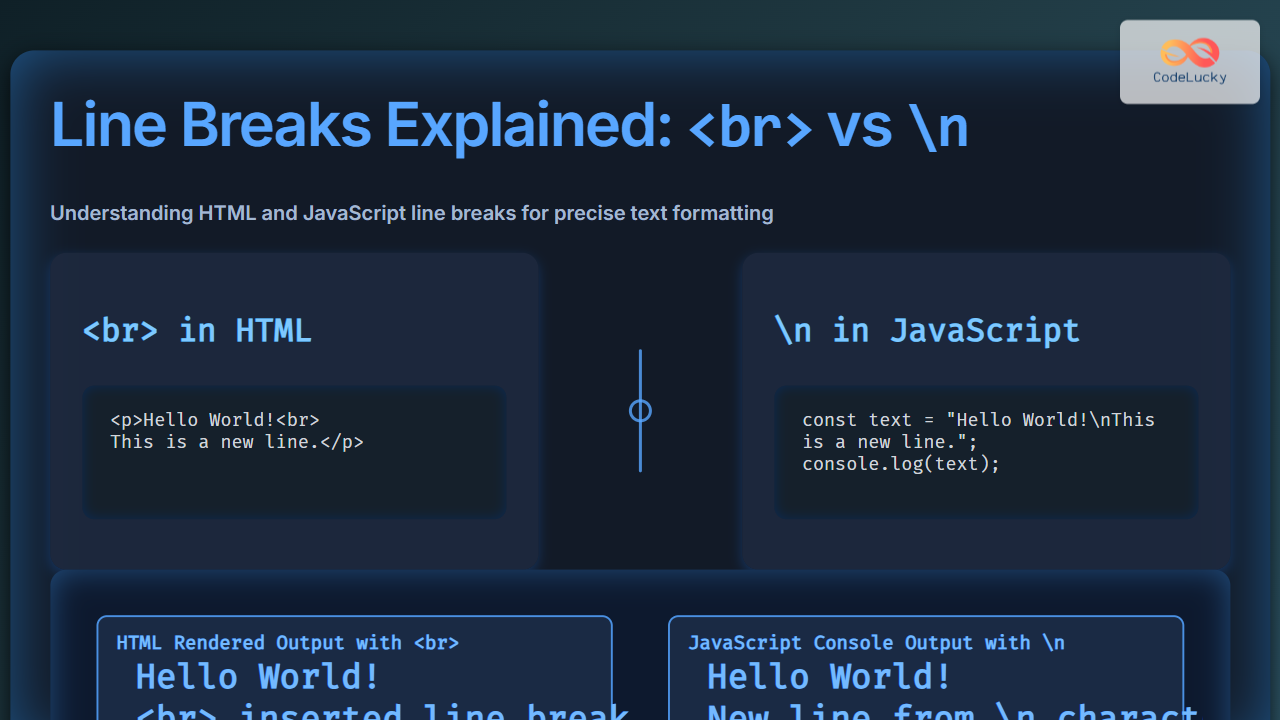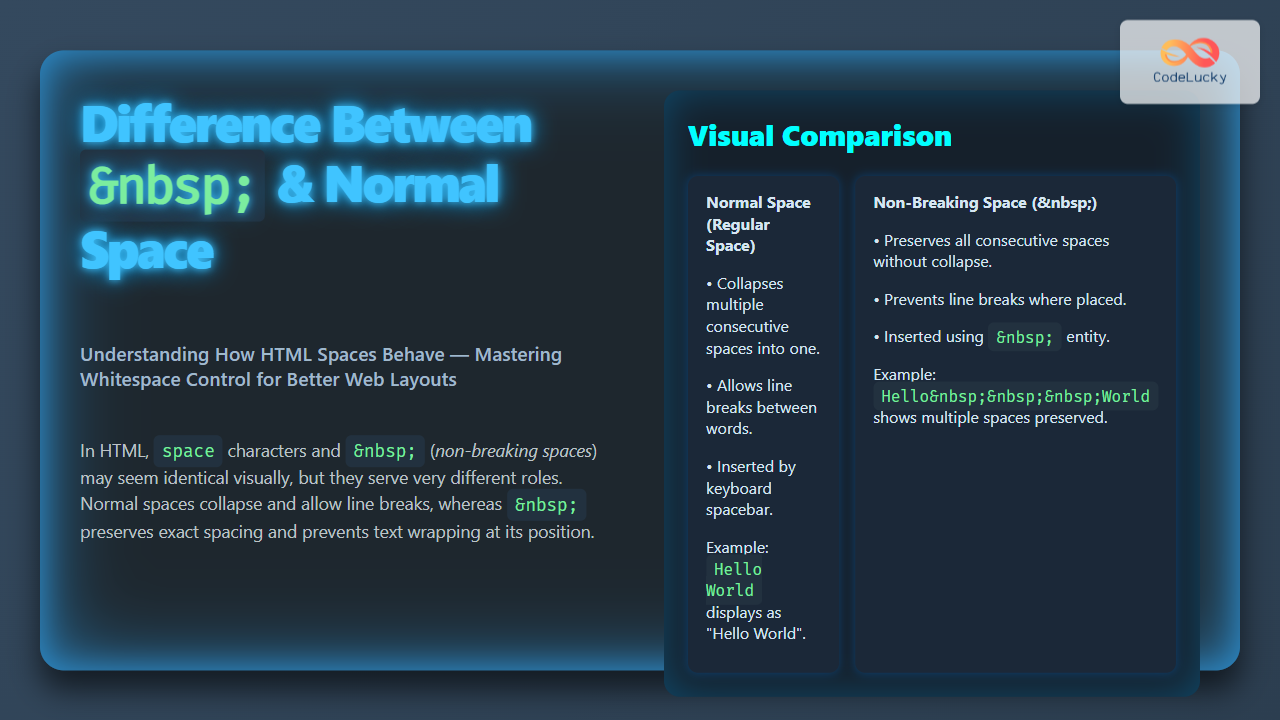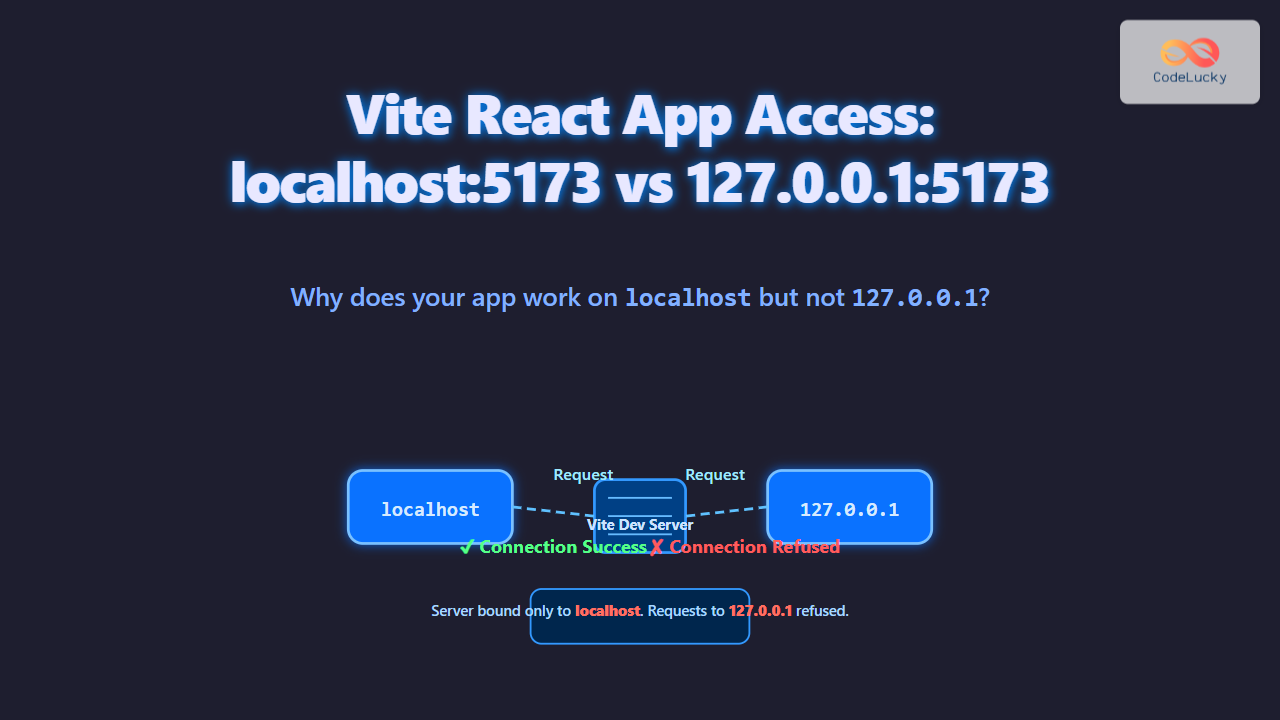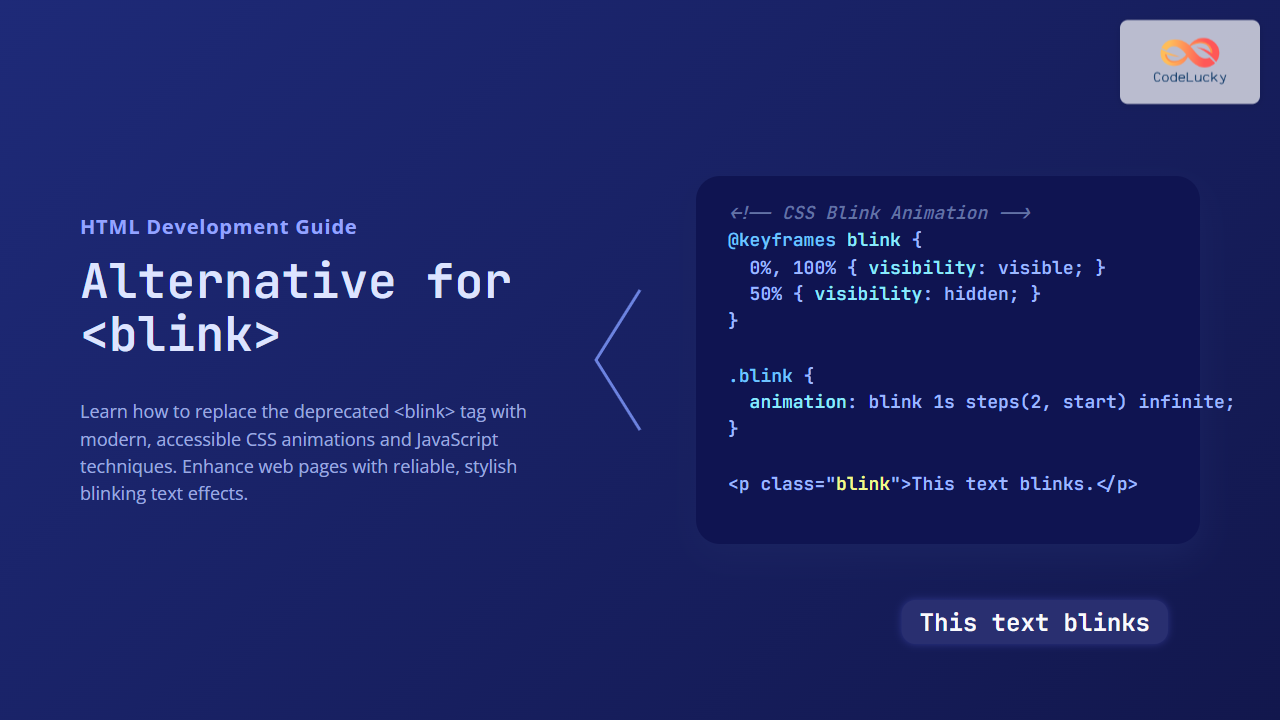The HTML meta http-equiv Attribute: Enhancing Web Communication
The HTML <meta> tag is a fundamental element for providing metadata about an HTML document. Among its attributes, http-equiv plays a pivotal role in instructing the browser how to interpret and handle the document. Specifically, http-equiv allows you to simulate HTTP response headers, enabling control over caching, character set, refreshing, and more. This comprehensive guide delves into the http-equiv attribute, offering clear explanations, syntax, and practical examples.
What is the http-equiv Attribute?
The http-equiv attribute, short for “HTTP equivalent,” is used within the <meta> tag to emulate an HTTP response header. It specifies a name for the HTTP header, while the content attribute provides the value for that header. This attribute is particularly useful when you need to influence browser behavior or specify document properties that are traditionally set by the web server.
Purpose of the http-equiv Attribute
The primary purpose of the http-equiv attribute is to:
- Control Caching: Specify how the browser should cache the document.
- Set Character Set: Define the character encoding for the document.
- Refresh the Page: Automatically redirect or refresh the page after a certain time interval.
- Implement Content Security Policy (CSP): Enhance security by specifying allowed sources for content.
- Set a Cookie: Set a cookie directly from the HTML.
Syntax of the http-equiv Attribute
The syntax for using the http-equiv attribute is as follows:
<meta http-equiv="header-name" content="header-value">
header-name: The name of the HTTP header you want to emulate.header-value: The value you want to assign to that header.
Important http-equiv Attribute Values
Understanding the key values for the http-equiv attribute is crucial for effective use:
| Value | Description |
|---|---|
| `content-type` | Specifies the MIME type and character set for the document. |
| `default-style` | Specifies a preferred style sheet to use. |
| `refresh` | Specifies a URL to redirect to after a certain amount of time, or to refresh the page. |
| `content-security-policy` | Defines the content security policy for the page. |
| `set-cookie` | Sets an HTTP cookie for the domain |
| `X-UA-Compatible` | Specifies the document compatibility mode for Internet Explorer. |
Note: While http-equiv can be useful, modern web development often favors setting HTTP headers directly on the server for better performance and control. ⚠️
Practical Examples of http-equiv
Let’s explore some practical examples of using the http-equiv attribute in various scenarios.
Setting the Content Type
This example specifies the character set for the HTML document:
<meta http-equiv="Content-Type" content="text/html; charset=UTF-8">
This ensures that the browser interprets the document using the UTF-8 character encoding, which supports a wide range of characters.
Refreshing or Redirecting the Page
The refresh value can be used to automatically refresh the current page or redirect to a new URL after a specified number of seconds:
<meta http-equiv="refresh" content="5;url=https://www.example.com/">
This example redirects the user to https://www.example.com/ after 5 seconds. A value of just the number will refresh the page.
<meta http-equiv="refresh" content="5">
This example refreshes the page every 5 seconds. ⚠️ Note: Using refresh to automatically reload pages can be bad for accessibility and user experience. Consider alternatives before using this.
Setting a Content Security Policy (CSP)
Content Security Policy (CSP) enhances the security of your web application by restricting the sources from which content can be loaded:
<meta
http-equiv="Content-Security-Policy"
content="default-src 'self'; script-src 'self' https://trustedscripts.example.com;"
>
This example sets a CSP that allows content to be loaded only from the same origin ('self') and scripts from https://trustedscripts.example.com/.
Setting a Cookie
It is possible to use http-equiv to set a cookie.
<meta http-equiv="set-cookie" content="cookiename=cookievalue; expires=date; path=/;">
Although possible, this method is rarely used as there are better client and server side methods to accomplish this.
Specifying Compatibility Mode for Internet Explorer
For older websites that need to support older versions of Internet Explorer, you can use the X-UA-Compatible directive:
<meta http-equiv="X-UA-Compatible" content="IE=edge">
This tells Internet Explorer to use the latest rendering engine available, ensuring the best possible compatibility.
Note: The X-UA-Compatible meta tag is primarily relevant for older versions of Internet Explorer. Modern websites generally do not need this. 💡
Real-World Applications of the http-equiv Attribute
The http-equiv attribute is used in various scenarios to enhance web communication and control browser behavior:
- Improving SEO: Specifying the character set ensures correct indexing by search engines.
- Enhancing Security: Implementing CSP helps protect against cross-site scripting (XSS) attacks.
- Controlling Caching: Managing how browsers cache content improves website performance.
- Ensuring Compatibility: Specifying compatibility modes for older browsers ensures consistent rendering.
Use Case Example: Implementing a Basic Content Security Policy
Let’s create a practical example that demonstrates how to use the http-equiv attribute to implement a basic Content Security Policy (CSP). This example will restrict the sources from which scripts can be loaded, enhancing the security of a web page.
<!DOCTYPE html>
<html>
<head>
<title>CSP Example</title>
<meta
http-equiv="Content-Security-Policy"
content="default-src 'self'; script-src 'self';"
>
</head>
<body>
<h1>Content Security Policy Example</h1>
<p>This page implements a basic Content Security Policy.</p>
<script src="script.js"></script>
<!-- Attempt to load a script from an external source -->
<!-- <script src="https://example.com/external-script.js"></script> -->
</body>
</html>
In this example, the CSP is set to only allow scripts from the same origin ('self'). If you uncomment the line attempting to load a script from https://example.com/external-script.js, the browser will block the script and report a CSP violation in the console.
Browser Support
The http-equiv attribute is widely supported across all modern web browsers, ensuring consistent behavior across different platforms.
Note: Always test your http-equiv implementations across different browsers to ensure they function as expected. 🧐
Conclusion
The HTML meta http-equiv attribute is a valuable tool for controlling browser behavior, enhancing security, and improving SEO. By understanding its syntax, values, and practical applications, you can leverage http-equiv to create robust and well-optimized web pages. This comprehensive guide should equip you with the knowledge and skills necessary to effectively use the http-equiv attribute in your projects. Happy coding!


